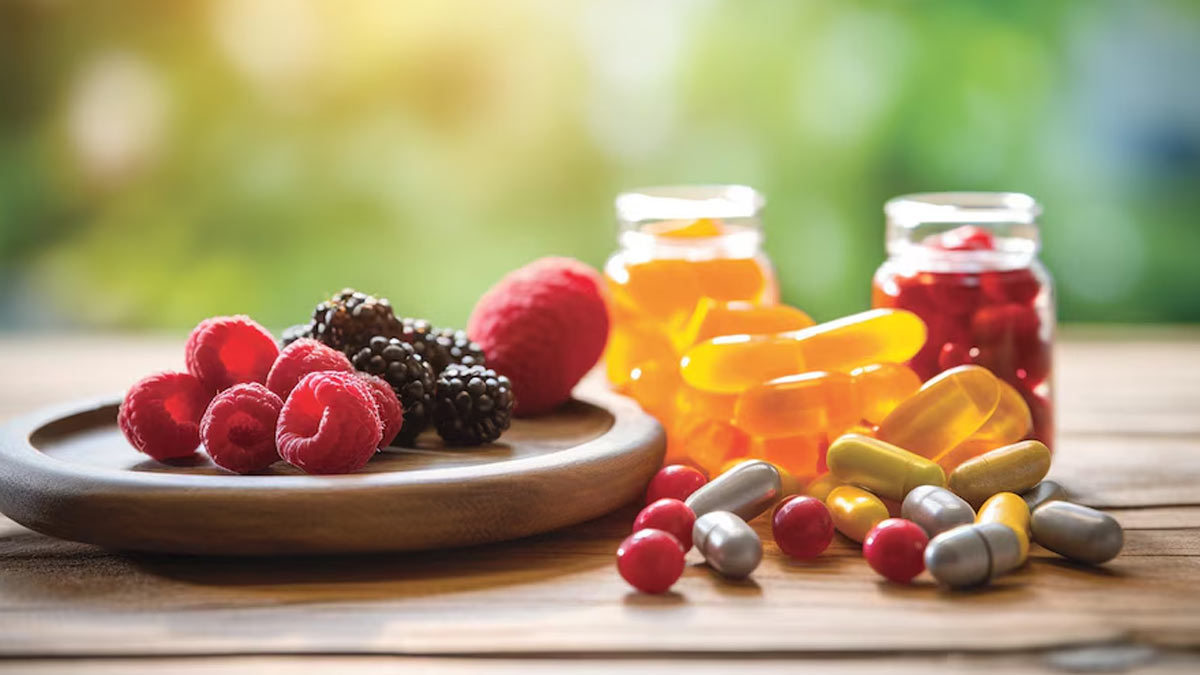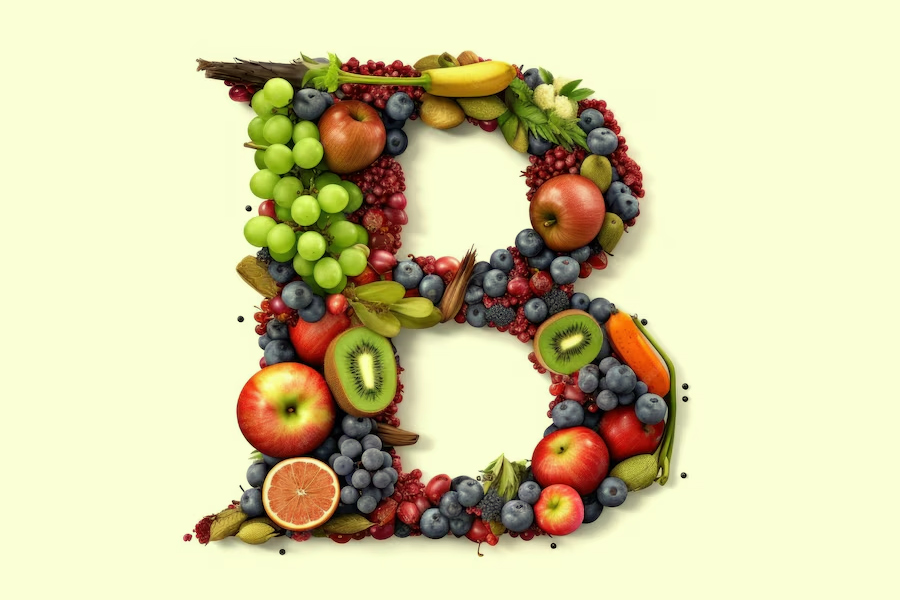
Have you observed an increase in illnesses during the rainy season? The monsoon can lead to various health challenges, including heightened vulnerability to infections, digestive issues, and energy level fluctuations. It's essential to maintain a nutritionally balanced diet, especially during this time. One effective method to support your health is by supplementing your meals with multivitamins. To help you navigate this, we spoke to Dr Archana Batra, Dietician and Certified Diabetes Educator, who shared insights on the essential vitamins to include in your monsoon diet
Table of Content:-
Important Multivitamins To Add In Your Monsoon Diet
1. Vitamin C: Boosting Immunity

Vitamin C helps strengthen the immune system, protecting against common infections and colds, which are more prevalent during the monsoon. According to the National Institute of Health, Office Of Dietary Supplements, vitamin C, or L-ascorbic acid, is a water-soluble essential nutrient. Unlike many animals, humans cannot produce vitamin C internally, making it a vital dietary component. This vitamin is naturally present in certain foods and can be added to others or consumed as a supplement.
Sources: Include citrus fruits like oranges, lemons, and limes, as well as amla (Indian gooseberry), guava, strawberries, and bell peppers in your diet.
2. Vitamin D: Supporting Bone Health
With reduced sunlight exposure during the monsoon, vitamin D levels can drop, affecting bone health and immune function. According to a 2010 study, vitamin D is essential for bone health. It helps absorb calcium, which strengthens bones. Higher vitamin D levels are linked to stronger bones.
Sources: While natural sunlight is the best source, consider fortified foods like milk, cereals, and supplements to maintain adequate levels.
Also Read: From Multivitamins To Probiotics: 5 Plant-Based Nutritional Supplements for Overall Health
3. B Vitamins: Energy and Metabolism

B vitamins, including B6, B12, and folic acid, are crucial for energy production and maintaining a healthy metabolism.
Sources: Include whole grains, legumes, seeds, nuts, and leafy greens in your meals. B12 is primarily found in animal products, so consider a supplement if you're vegetarian or vegan.
4. Zinc: Enhancing Immunity
Zinc plays a key role in immune function and helps the body fight infections. According to a 2018 study, zinc is essential for immune function, supporting key immune cells like neutrophils and natural killer cells.
Sources: Include foods like nuts, seeds, legumes, and whole grains. Zinc supplements can also be considered, especially if dietary intake is insufficient.
5. Probiotics: Supporting Digestive Health

“The monsoon season can bring about digestive issues due to the increased humidity and contamination risk in foods. Probiotics help maintain a healthy gut flora,” said Dr Batra.
Sources: Include yoghurt, kefir, sauerkraut, and other fermented foods in your diet. Probiotic supplements can also be beneficial.
Also Read: 6 Health Benefits Of Multivitamins You Should Know About
6. Antioxidants: Fighting Free Radicals
Antioxidants help protect the body from oxidative stress and inflammation, which can be more prevalent during the monsoon.
Sources: Include a variety of colourful fruits and vegetables in your diet, such as berries, tomatoes, spinach, and bell peppers.
Tips for Incorporating Multivitamins
Here are some tips shared by Dr Batra that can help you incorporate multivitamins:

- Choose a well-balanced multivitamin: Look for a multivitamin that provides a broad spectrum of essential nutrients, tailored to your specific needs (age, gender, dietary restrictions).
- Consult a healthcare professional: Before starting any new supplement regimen, consult a healthcare provider or dietitian to ensure it's appropriate for your health status and dietary needs.
- Maintain a balanced diet: Multivitamins should complement, not replace, a healthy and balanced diet. Focus on whole foods, fresh produce, and proper hydration.
[Disclaimer: This article contains information provided by an expert and is for informational purposes only. Hence, we advise you to consult your own professional if you are dealing with any health issues to avoid complications.]
Also watch this video
How we keep this article up to date:
We work with experts and keep a close eye on the latest in health and wellness. Whenever there is a new research or helpful information, we update our articles with accurate and useful advice.
Current Version